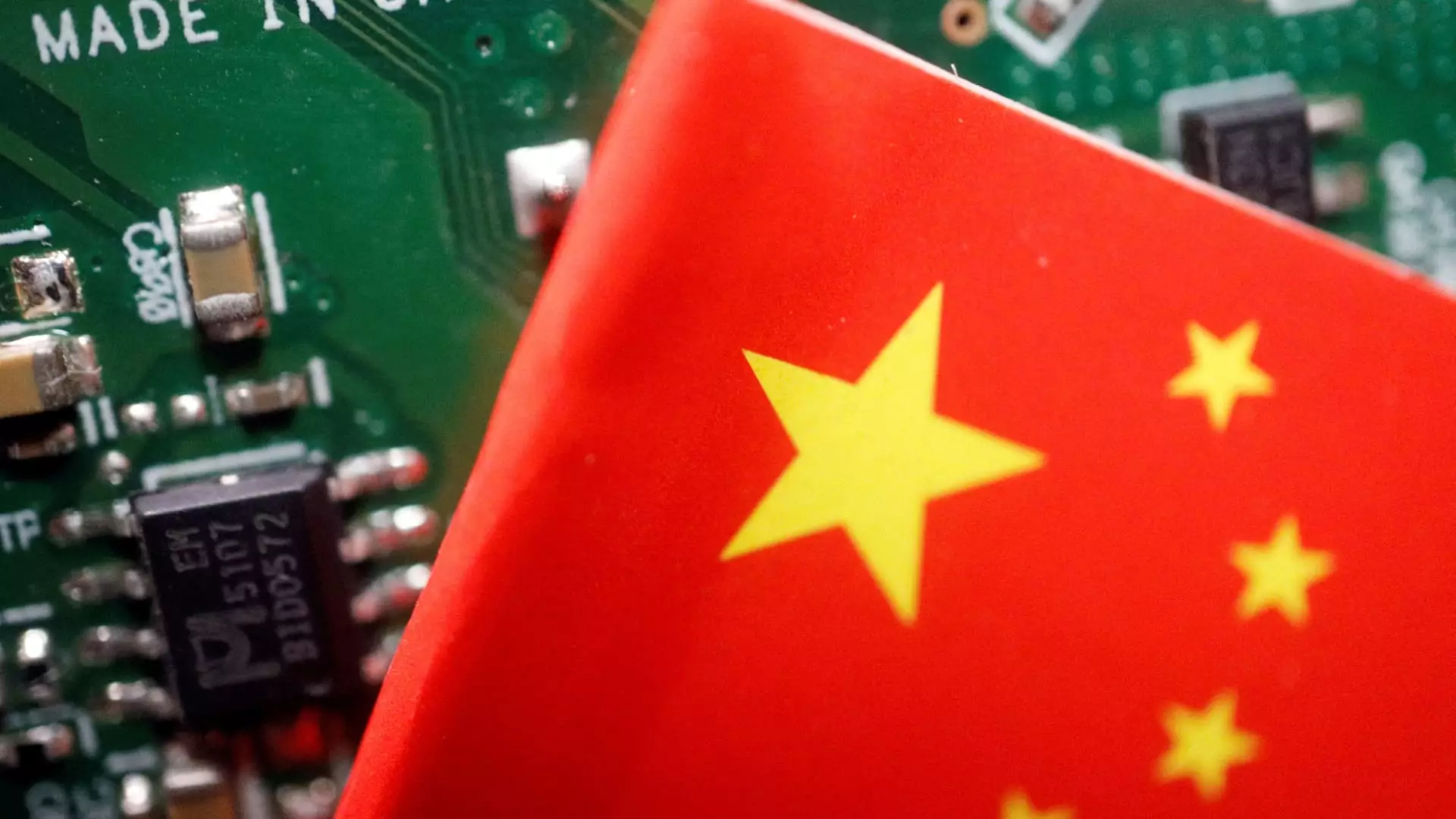The landscape of the semiconductor industry is constantly evolving, shaped by technological advancements, geopolitical tensions, and regulatory decisions. Recently, major chip stocks in Asia, particularly those outside China, demonstrated remarkable resilience despite the announcement of new U.S. semiconductor export restrictions targeting China. This article delves into the implications of these restrictions and the remarkable reactions from key players in the market.
On a seemingly tumultuous Tuesday, stocks of major Asian semiconductor companies saw significant gains, showcasing a market that appears to be unshaken by U.S. attempts to limit China’s capabilities in the high-end chip market. Taiwan Semiconductor Manufacturing Company (TSMC), recognized as the world’s largest contract chip supplier, saw a notable increase of 2.4% in its stock prices. This is a telling sign of TSMC’s strong position in the global semiconductor supply chain, reflecting confidence among investors despite external pressures.
Japanese chip-related stocks, too, exhibited similar positive sentiment. Companies like Tokyo Electron and Lasertec experienced substantial rises of 4.7% and 6.7%, respectively. Other notable advancements came from Advantest and Renesas Electronics, with increases of 3.9% and 2.2%. The trend highlights a broader bullish outlook among investors, signaling a belief in these companies’ abilities to navigate the changing landscape effectively.
Softbank’s Stake and Strategic Positioning
Softbank, the Japanese technology conglomerate, also experienced a stock rise of 3.6%. Its connection to British chip designer Arm reinforces the notion that strategic investments are crucial for navigating a dynamically shifting industry. As firms adapt to evolving regulations, those with diversified portfolios and innovative partners are likely to emerge stronger.
The reaction of South Korean memory chip giants, Samsung Electronics and SK Hynix, provided additional context to the market behavior. Despite being directly impacted by the new export controls on high-bandwidth memory chips, both companies managed to report gains of 0.9% and 1.8%, respectively. This paradox raises questions about the overall impact of the U.S. measures and indicates a strategic pivot where companies might redirect their focus towards markets outside China.
The U.S. Department of Commerce’s recent announcement, which targets approximately 140 firms in China, places a stricter hold on advanced semiconductor technology. The intent behind these measures is clear: to limit China’s access to technologies that could bolster its military and technological prowess. Companies like Naura Technology Group, Piotech, and ACM Research found themselves in the crosshairs of these restrictions, resulting in stock declines for some, while others like Piotech posted gains.
U.S. Secretary of Commerce Gina Raimondo emphasized that these actions represent a strategic effort to mitigate national security risks. Observers express that while the restrictions are significant, it is crucial to analyze their long-term implications, particularly in terms of shifting global supply chains.
Despite the defensive posture taken by the U.S., analysts like Derrick Irwin of Allspring Global Investments suggest that the effects of these controls might not be as severe as anticipated. He argues that while the new regulations will impact companies’ operations in China, the overall demand for high-bandwidth memory chips can be redirected to other markets, particularly in the United States. This potential for reallocation points towards a resilience strategy that companies might adopt.
Moreover, a recent incident where a TSMC chip was found in a Huawei product has muddled the waters regarding the effectiveness of the existing export controls. As firms adapt to these challenges, the introduction of a “red flag guidance” aims to enhance compliance efforts and ensure that these measures are effectively enforced.
The semiconductor industry sits at a crossroads, charged with the dual pressures of regulatory scrutiny and competitive global demand. Asian chip stocks, buoyed by investor confidence, are proving resilient, showing positive market responses even amidst tightening export controls. As stakeholders navigate these complexities, the interplay between competitive innovation and geopolitical strategy will continue to shape the future of semiconductor manufacturing and sales. The road ahead may be fraught with challenges, but the adaptability shown by these firms suggests a willingness to overcome roadblocks and seize emerging opportunities.


Leave a Reply